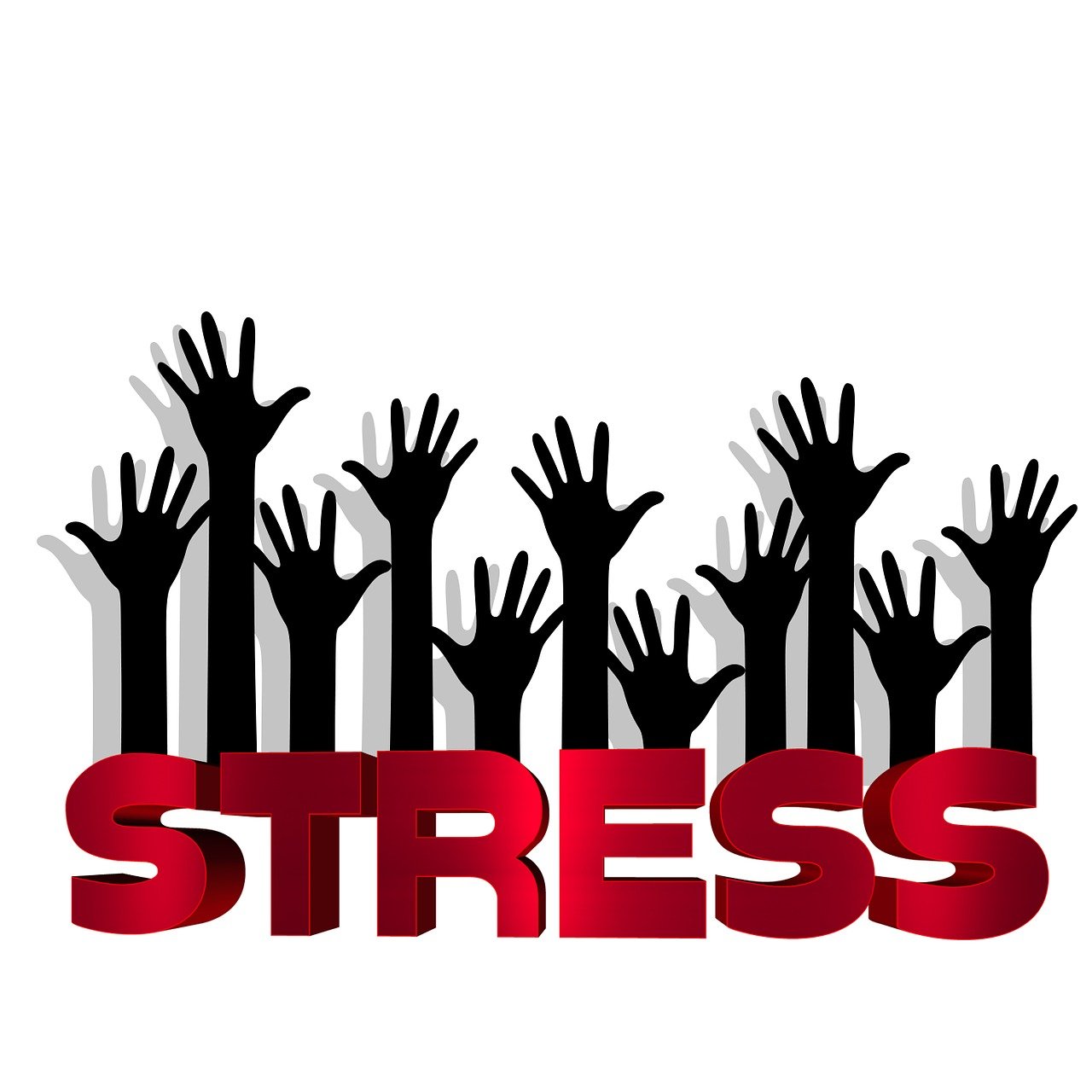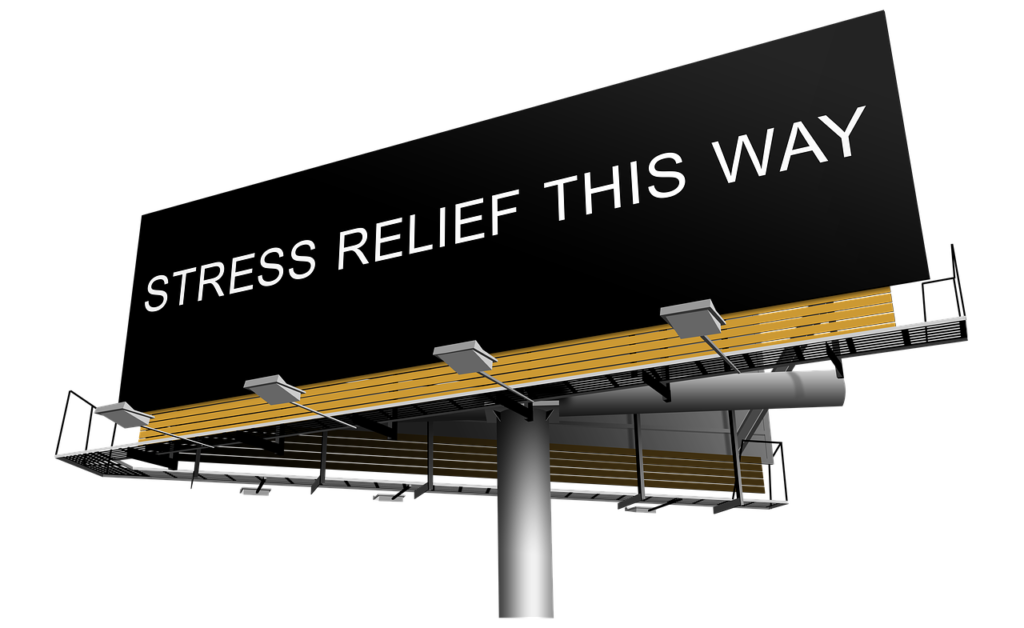Stress is the body’s natural response to perceived threats or challenges, often referred to as stressors. It triggers a series of physiological and psychological reactions designed to help you cope with demands.
When faced with stress, your body may release hormones like adrenaline and cortisol, leading to increased heart rate, heightened alertness, and a surge of energy.
Key Points about Stress:
- Types of Stressors: Stressors can be external (like work pressure, relationship issues, or environmental factors) or internal (such as self-imposed expectations or negative thoughts).
- Physical Responses: Stress can cause physical symptoms, including headaches, fatigue, muscle tension, and digestive issues.
- Emotional Effects: It can also affect your mood, leading to feelings of anxiety, irritability, or depression.
- Short-term vs. Long-term: Acute stress is a short-term response to an immediate threat, while chronic stress results from prolonged exposure to stressors and can have serious health consequences.
- Coping Mechanisms: Managing stress effectively can involve various strategies, including relaxation techniques, exercise, time management, and seeking support.
Understanding stress helps in recognizing its impacts and finding ways to manage it for better overall health and well-being.
Stress is the body’s response to challenges or demands, often referred to as stressors. It can affect your emotional, physical, and mental well-being. Here are the main types of stress:
1. Acute Stress
- Description: This is short-term stress that arises from immediate pressures or challenges, such as a deadline or a sudden change.
- Examples: Taking an exam, giving a presentation, or facing an unexpected situation.
2. Chronic Stress
- Description: This type of stress lasts for a longer period, often due to ongoing issues that seem never-ending.
- Examples: Financial problems, a demanding job, or ongoing relationship issues.
3. Episodic Acute Stress
- Description: This occurs when someone frequently experiences acute stress, leading to a pattern of stress that can be disruptive.
- Examples: A person who constantly faces crises or takes on too much responsibility may experience episodic acute stress.
4. Traumatic Stress
- Description: This type of stress occurs after experiencing or witnessing a traumatic event. It can result in conditions such as PTSD (Post-Traumatic Stress Disorder).
- Examples: Accidents, natural disasters, or violent events.
5. Environmental Stress
- Description: This arises from the surroundings and can include factors like noise, pollution, or crowding.
- Examples: Living in a busy city, exposure to loud environments, or harsh weather conditions.
6. Workplace Stress
- Description: This is specifically related to job demands and pressures, which can lead to burnout.
- Examples: Heavy workloads, job insecurity, or difficult relationships with colleagues.
7. Financial Stress
- Description: Stress related to financial situations, which can impact mental health and well-being.
- Examples: Debt, unemployment, or unexpected expenses.
Understanding these types can help you identify sources of stress in your life and find effective coping strategies.
Managing stress in daily life can be quite effective with a few practical strategies. Here are some tips you might find helpful:
- Mindfulness and Meditation: Practicing mindfulness or meditation for even a few minutes each day can help you stay grounded and reduce anxiety.
- Physical Activity: Regular exercise, whether it’s a walk, yoga, or a workout, can release endorphins and improve your mood.
- Time Management: Organizing your tasks with to-do lists and prioritizing them can help reduce feelings of being overwhelmed.
- Healthy Eating: A balanced diet can influence your mood and energy levels. Try to incorporate plenty of fruits, vegetables, and whole grains.
- Sleep Hygiene: Focus on getting 7-9 hours of refreshing sleep nightly. Establishing a bedtime routine can help signal your body that it’s time to wind down.
- Social Connections: Spend time with friends and family. Talking about your feelings and experiences can provide support and perspective.
- Limit Screen Time: Reducing time spent on social media and news can decrease anxiety. Take breaks from screens when you can.
- Set Boundaries: Practice saying no when needed to prevent overcommitting.
- Hobbies and Interests: Participate in activities you love to distract yourself from stress and add joy to your life.
- Breathing Exercises: Simple breathing techniques can help calm your mind and body. Try deep breathing or the 4-7-8 technique.
- Seek Professional Help: If stress feels unmanageable, consider speaking with a therapist or counselor.
Play around with these approaches to determine what works for you!


